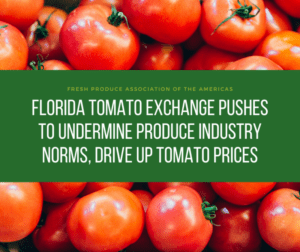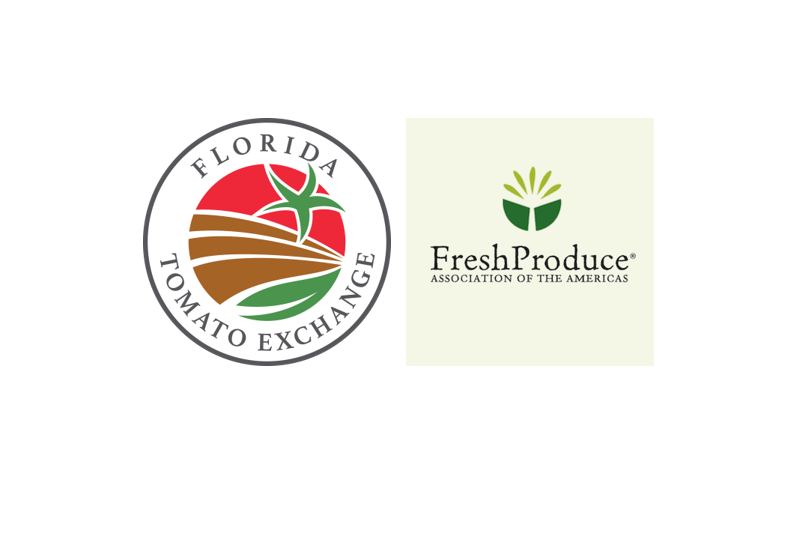Jun 28, 2023Florida tomato growers defend suspension agreement filing
In its latest news release, the Florida Tomato Exchange (FTE) defends its position in calling for the end of the Tomato Suspension Agreement.
On June 16, the FTE filed a request with the U.S. Department of Commerce to terminate the Tomato Suspension Agreement. “This request was based on established facts and U.S. antidumping law,” FTE officials said in the release. “This is not Florida vs. Mexico. This is legal process supported by the vast majority of American tomato growers.”


“In its press release, the FPAA didn’t make a single legal argument, which is telling given that this is a legal matter,” FTE officials said in the release. “In 2019, the Mexican industry and FPAA had their day in court to prove that Mexican tomatoes weren’t being dumped and weren’t materially injuring the U.S. tomato industry. They lost the case on both counts before the Department of Commerce and the International Trade Commission. It was determined that Mexican tomatoes were being dumped at an average margin of 20.91%, even with the previous suspension agreements in place.”
The current suspension agreement suspends those margins from going into effect as antidumping duties. Such agreements allow the Department of Commerce to suspend antidumping duties as long as the agreements stop injury caused by unfair imports. None of the tomato suspension agreements, dating back to 1996, have worked to stop the injury caused by dumped Mexican tomatoes, which is why the FTE finally asked the Commerce Department to terminate the suspension, according to the release.


“With Mexico now controlling almost 70% of the U.S. tomato market, the FPAA’s claim that FTE is seeking a monopoly is absurd,” FTE officials said in the release. “In reality, the FTE is seeking the survival of the U.S. tomato industry before it is completely crushed by unfairly traded Mexican tomatoes. Antidumping duties imposed under U.S. law, following USMCA and WTO rules, will not stop market access for Mexican tomatoes. In fact, the duties would fall to zero if Mexican tomato exporters price their tomatoes fairly, according to the law.”
“Finally, the FPAA threat that Mexico would retaliate against other U.S. industries is bizarre. USMCA and WTO rules ensure that Mexico, Canada, and the U.S. all respect each other’s antidumping laws and the resulting legal proceedings. A tit-for-tat retaliation would be a violation of both the USMCA and WTO. Other U.S. industries should not fall for FPAA or Mexican scaremongering on this tomato-specific legal issue,” according to the release.
The Tomato Suspension Agreement should be terminated because it has not met the statutory requirement to protect against unfairly traded Mexican tomatoes, which continue to injure the American tomato industry, FTE officials said in the release. “This failure requires a legal default to antidumping duties on Mexican tomatoes,” FTE said in the release.















